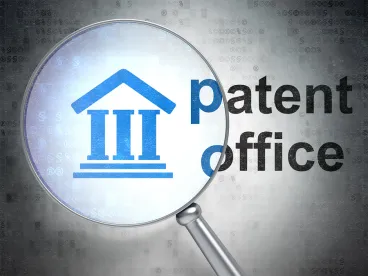Michigan Governor Rick Snyder signed into law within the last month a variety of bills amending the Natural Resources and Environmental Protection Act (NREPA) and other legislation reforming Michigan environmental law compliance and enforcement requirements. Highlights of these regulatory reforms include:
MDEQ Permit Processing and Denials
NREPA Part 13 – Permits regulates the processing of applications for many permits issued under the Act, and requires the Michigan Department of Environmental Quality (MDEQ) to approve or deny an application by the processing deadline. The processing deadline is the last day of the processing period, which is 20 to 150 days after the application period, depending on the permit. The application period begins when an application is submitted and ends when it is considered administratively complete.
Public Act (PA) 236 amends NREPA Part 13 – Permits, and requires for permit denials that the Department must give the scientific information used as the basis for the denial. Additionally, if the Department fails to meet the processing deadline for 10% or more of the applications for a particular permit program during a fiscal year quarter, then that program’s resources must be used to eliminate any backlog and satisfy the processing schedule requirement.
MDEQ Inspections
PA 235 amends NREPA Part 15 – Enforcement, and requires MDEQ to do the following:
• Use a fair and equitable sampling process in selecting facilities to inspect.
• Before conducting an inspection, give the reasons for the inspection and an explanation of the owner-operator’s rights and responsibilities with respect to the inspection.
• After an inspection, give an opportunity for the owner-operator to provide comments on the quality of the inspection and the professionalism of the inspector.
• Additionally, MDEQ must report annually to the Legislature on compliance with these requirements, and on the number of inspections subject to the sampling process requirement performed during the prior year.
MDEQ Enforcement Actions
PA 237 amends NREPA Part 15 – Enforcement, and requires the Department, before initiating a civil enforcement action against a person holding a permit, to give the person an opportunity for a meeting with the Department. If the person agrees to meet, the Department cannot initiate a civil enforcement action until after the meeting is held, unless the meeting is not held within a reasonable time as determined by the Department.
These provisions would not apply if the enforcement action were a civil infraction action, or if the Department determined that the alleged violation constituted an imminent and substantial endangerment of the public health, safety, or welfare or the environment.
Administrative Rules Process
PA 270 amends the Administrative Procedures Act (APA) to specify that an operational memorandum, bulletin, interpretive statement, or form with instructions would be advisory only, and could not be given the force and effect of law or enforced by the Department. Furthermore, a court could not rely upon an operational memorandum, bulletin, interpretive statement, or form with instructions to uphold an agency decision to act or refuse to act. Similarly, this amendment prohibits an administrative rule from exceeding the rule-making delegation in its authorizing statute.
No Rule More Stringent Than Federal Standard – Veto
The Michigan Legislature had passed House Bill 4326, which would have prohibited MDEQ (or any department) from promulgating or adopting a rule more stringent than the applicable Federal standard, unless specifically authorized by the Michigan Legislature or on an emergency basis. The Governor vetoed this legislation in order to retain the ability to ensure that the Michigan regulatory structure fits the State’s unique profile, citing various examples where Michigan businesses and citizens have sought regulations beyond or different from existing Federal standards. Examples include ballast water standards in the Great Lakes Basin, discharges of phosphorus into Michigan’s lakes and streams, certain Michigan Occupational Safety & Health Administration requirements, and further non-environmental examples. There was also a concern about confusion in the event of Michigan rules promulgated in the absence of any Federal counter-part. The Governor indicated that he would welcome repeal of specific burdensome agency regulations, and supported overall regulatory reform, but that this was an overly broad prohibition eliminating administrative flexibility.





 />i
/>i

